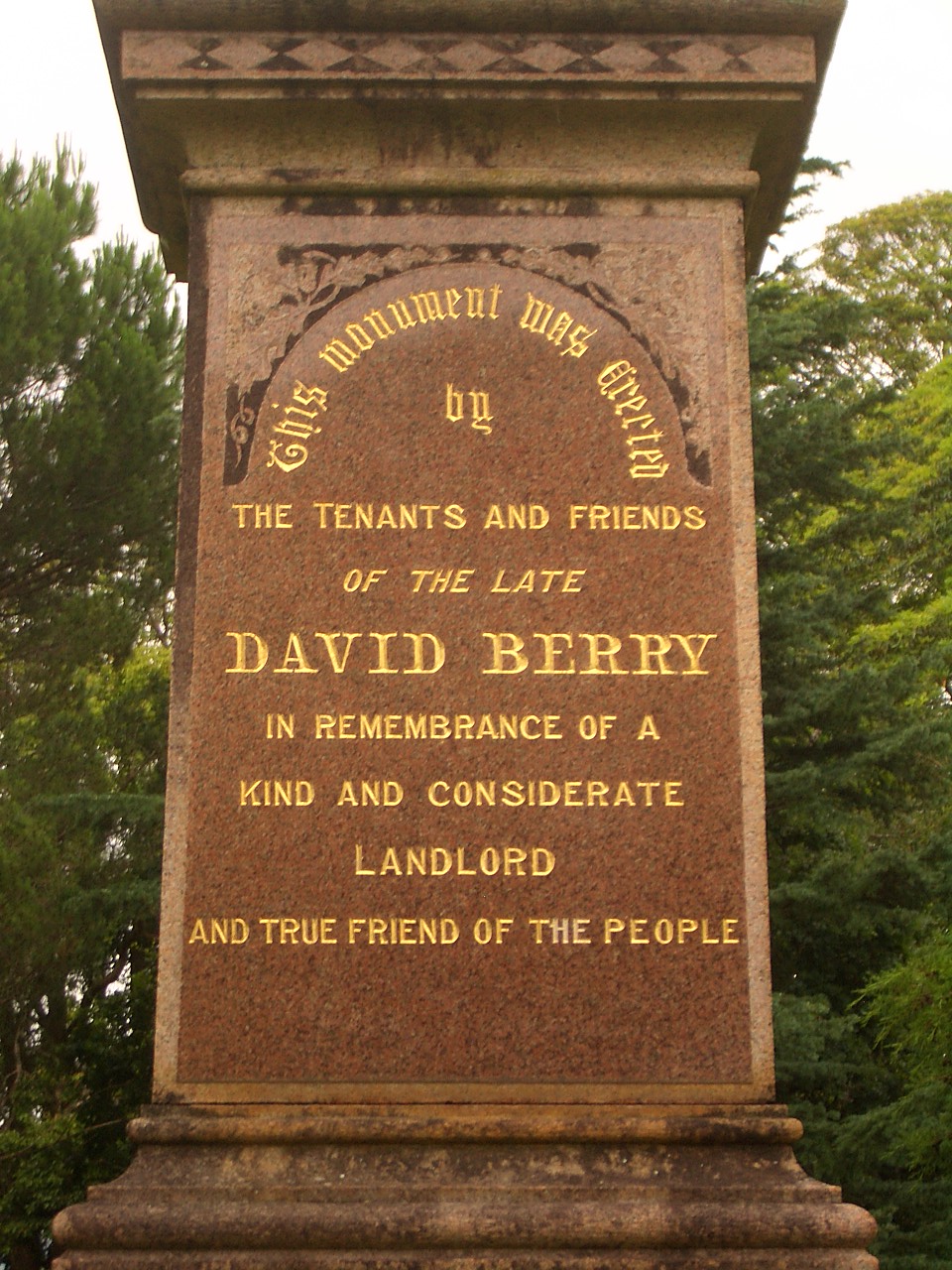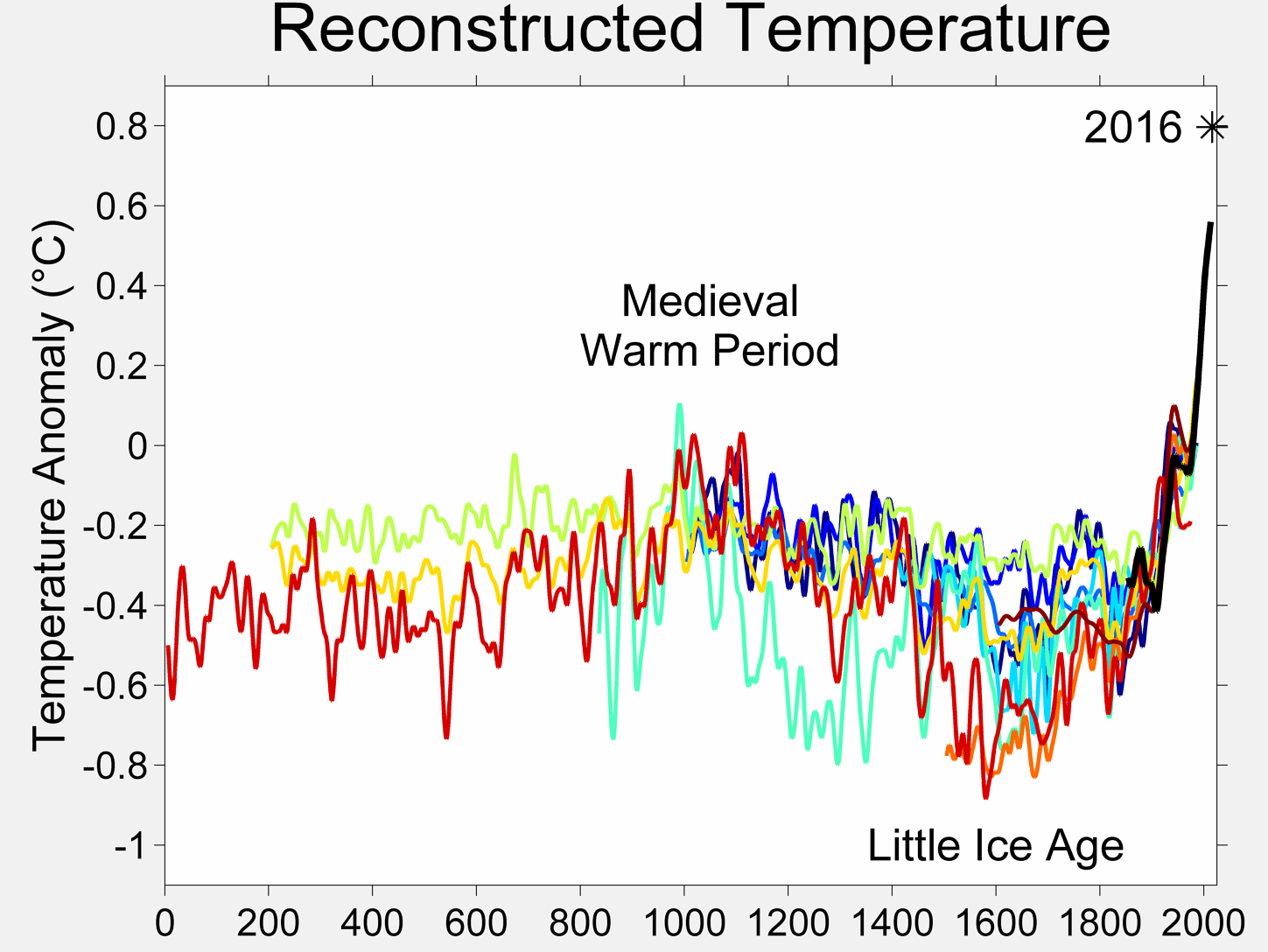|
Lokator
The ''lokator'' (lat. ''locator'': landlord, land allocator, from Latin to allocate, rent, establish, settle or locate; also ''magister incolarum''; in Mecklenburg and Pomerania also or , similar to the ''Reutemeister'' in South Germany) was a medieval sub-contractor, who was responsible to a territorial lord or landlord for the clearing, survey and apportionment of land that was to be settled. In addition, he hired settlers for this purpose, provided their means of subsistence during the transitional period (e.g. during the clearing of the land) and made materiel and implements available, such as seed, draught animals, iron plough A plough or ( US) plow (both pronounced ) is a farm tool for loosening or turning the soil before sowing seed or planting. Ploughs were traditionally drawn by oxen and horses but modern ploughs are drawn by tractors. A plough may have a wooden ...s, etc. He thus played a key role during the establishment of new towns and villages, as well as the ... [...More Info...] [...Related Items...] OR: [Wikipedia] [Google] [Baidu] |
Ostsiedlung
(, ) is the term for the Early Middle Ages, early medieval and High Middle Ages, high medieval migration of Germanic peoples and Germanisation of the areas populated by Slavs, Slavic, Balts, Baltic and Uralic languages, Uralic peoples; the most settled area was known as . Germanisation efforts included eastern parts of Francia, East Francia, and the Holy Roman Empire and beyond; and the consequences for settlement development and social structures in the areas of settlement. Other regions were also settled, though not as heavily. The ''Ostsiedlung'' encompassed multiple modern and historical regions, primarily Germany east of the Saale and Elbe rivers, the states of Lower Austria and Styria in Austria, Poland and the Czech Republic, but also in other parts of Central and Eastern Europe. The majority of settlers moved individually, in independent efforts, in multiple stages and on different routes. Many settlers were encouraged and invited by the local princes and regional l ... [...More Info...] [...Related Items...] OR: [Wikipedia] [Google] [Baidu] |
Landlord
A landlord is the owner of property such as a house, apartment, condominium, land, or real estate that is rented or leased to an individual or business, known as a tenant (also called a ''lessee'' or ''renter''). The term landlord applies when a juristic person occupies this position. Alternative terms include lessor and owner. For female property owners, the term landlady may be used. In the United Kingdom, the manager of a pub, officially a licensed victualler, is also referred to as the landlord/landlady. In political economy, landlord specifically refers to someone who owns natural resources (such as land, excluding buildings) from which they derive economic rent, a form of passive income. History The concept of a landlord can be traced to the feudal system of manoralism ( seignorialism), where landed estates were owned by Lords of the Manor ( mesne lords). These lords were typically members of the lower nobility who later formed the rank of knights during ... [...More Info...] [...Related Items...] OR: [Wikipedia] [Google] [Baidu] |
Mecklenburg
Mecklenburg (; ) is a historical region in northern Germany comprising the western and larger part of the federal-state Mecklenburg-Western Pomerania. The largest cities of the region are Rostock, Schwerin, Neubrandenburg, Wismar and Güstrow. The name Mecklenburg derives from a castle named '' Mikilenburg'' (Old Saxon for "big castle", hence its translation into Neo-Latin and Greek as ), located between the cities of Schwerin and Wismar. In Slavic languages it was known as ''Veligrad'', which also means "big castle". It was the ancestral seat of the House of Mecklenburg; for a time the area was divided into Mecklenburg-Schwerin and Mecklenburg-Strelitz among the same dynasty. Linguistically Mecklenburgers retain and use many features of Low German vocabulary or phonology. The adjective for the region is ''Mecklenburgian'' or ''Mecklenburgish'' (); inhabitants are called Mecklenburgians or Mecklenburgers (). Geography Mecklenburg is known for its mostly flat countryside. M ... [...More Info...] [...Related Items...] OR: [Wikipedia] [Google] [Baidu] |
Pomerania
Pomerania ( ; ; ; ) is a historical region on the southern shore of the Baltic Sea in Central Europe, split between Poland and Germany. The central and eastern part belongs to the West Pomeranian Voivodeship, West Pomeranian, Pomeranian Voivodeship, Pomeranian and Kuyavian-Pomeranian Voivodeship, Kuyavian-Pomeranian voivodeships of Poland, while the western part belongs to the German states of Mecklenburg-Western Pomerania and Brandenburg. Pomerania's historical border in the west is the Mecklenburg-Western Pomeranian border ''Urstromtal'', which now constitutes the border between the Mecklenburgian and Pomeranian part of Mecklenburg-Western Pomerania, while it is bounded by the Vistula River in the east. The easternmost part of Pomerania is alternatively known as Pomerelia, consisting of four sub-regions: Kashubia inhabited by ethnic Kashubians, Kociewie, Tuchola Forest and Chełmno Land. Pomerania has a relatively low population density, with its largest cities being Gdańsk ... [...More Info...] [...Related Items...] OR: [Wikipedia] [Google] [Baidu] |
Settler
A settler or a colonist is a person who establishes or joins a permanent presence that is separate to existing communities. The entity that a settler establishes is a Human settlement, settlement. A settler is called a pioneer if they are among the first settling at a place that is new to the settler community. The process of settling land can be, and has often been, controversial: while human migration is a normal phenomenon by itself, it has not been uncommon throughout human history for settlers to have arrived in already-inhabited lands Settler colonialism, without the intention of living alongside the native population. In these cases, the conflict that arises between the settlers and the natives (or Indigenous peoples) may result in the dispossession of the latter within the contested territory, usually violently. While settlers can act independently, they may receive support from the government of their country or colonial empire or from a non-governmental organization as ... [...More Info...] [...Related Items...] OR: [Wikipedia] [Google] [Baidu] |
Seed
In botany, a seed is a plant structure containing an embryo and stored nutrients in a protective coat called a ''testa''. More generally, the term "seed" means anything that can be Sowing, sown, which may include seed and husk or tuber. Seeds are the product of the ripened ovule, after the embryo sac is fertilization, fertilized by Pollen, sperm from pollen, forming a zygote. The embryo within a seed develops from the zygote and grows within the mother plant to a certain size before growth is halted. The formation of the seed is the defining part of the process of reproduction in seed plants (spermatophytes). Other plants such as ferns, mosses and marchantiophyta, liverworts, do not have seeds and use water-dependent means to propagate themselves. Seed plants now dominate biological Ecological niche, niches on land, from forests to grasslands both in hot and cold climates. In the flowering plants, the ovary ripens into a fruit which contains the seed and serves to disseminate ... [...More Info...] [...Related Items...] OR: [Wikipedia] [Google] [Baidu] |
Draught Animal
A working animal is an animal, usually domesticated, that is kept by humans and trained to perform tasks. Some are used for their physical strength (e.g. oxen and draft horses) or for transportation (e.g. riding horses and camels), while others are service animals trained to execute certain specialized tasks (e.g. hunting and guide dogs, messenger pigeons, and fishing cormorants). They may also be used for milking or herding. Some, at the end of their working lives, may also be used for meat or leather. The history of working animals may predate agriculture as dogs were used by hunter-gatherer ancestors; around the world, millions of animals work in relationship with their owners. Domesticated species are often bred for different uses and conditions, especially horses and working dogs. Working animals are usually raised on farms, though some are still captured from the wild, such as dolphins and some Asian elephants. People have found uses for a wide variety of abil ... [...More Info...] [...Related Items...] OR: [Wikipedia] [Google] [Baidu] |
Plough
A plough or ( US) plow (both pronounced ) is a farm tool for loosening or turning the soil before sowing seed or planting. Ploughs were traditionally drawn by oxen and horses but modern ploughs are drawn by tractors. A plough may have a wooden, iron or steel frame with a blade attached to cut and loosen the soil. It has been fundamental to farming for most of history. The earliest ploughs had no wheels; such a plough was known to the Romans as an ''aratrum''. Celtic peoples first came to use wheeled ploughs in the Roman era. The prime purpose of ploughing is to turn over the uppermost soil, bringing fresh nutrients to the surface while burying weeds and crop remains to decay. Trenches cut by the plough are called furrows. In modern use, a ploughed field is normally left to dry and then harrowed before planting. Ploughing and cultivating soil evens the content of the upper layer of soil, where most plant feeder roots grow. Ploughs were initially powered by humans, but th ... [...More Info...] [...Related Items...] OR: [Wikipedia] [Google] [Baidu] |
Landesausbau
Landesausbau describes medieval settlement and cultivation processes in regions of Western Europe that were previously only sparsely populated or uninhabitable. By means of clearing of woods and drainage of wetlands, new agricultural areas and new settlement areas were created. The processes of population expansion and resettlement led to an exchange of cultures and cultural diversity of languages, traditions and lifestyles. The Landesausbau changed the natural and cultural landscapes of Western Europe and continues to have an impact. The terminology “inland colonization“ to describe the Landesausbau has raised controversies between historians because of the linguistic parallelism to modern colonialism. History After an early phase of Landesausbau at the end of the 7th century, the land expansion and the establishment of new settlements increased from the 10th century onwards and reached its peak at the 12th century. It came to a halt at the 14th century because of natural c ... [...More Info...] [...Related Items...] OR: [Wikipedia] [Google] [Baidu] |
Social History Of The Holy Roman Empire
Social organisms, including human(s), live collectively in interacting populations. This interaction is considered social whether they are aware of it or not, and whether the exchange is voluntary or not. Etymology The word "social" derives from the Latin word ''socii'' ("allies"). It is particularly derived from the Italian ''Socii'' states, historical allies of the Roman Republic (although they rebelled against Rome in the Social War of 91–87 BC). Social theorists In the view of Karl Marx,Morrison, Ken. ''Marx, Durkheim, Weber. Formations of modern social thought'' human beings are intrinsically, necessarily and by definition social beings who, beyond being "gregarious creatures", cannot survive and meet their needs other than through social co-operation and association. Their social characteristics are therefore to a large extent an objectively given fact, stamped on them from birth and affirmed by socialization processes; and, according to Marx, in producing and reproduci ... [...More Info...] [...Related Items...] OR: [Wikipedia] [Google] [Baidu] |




